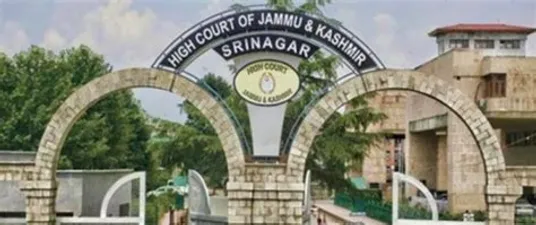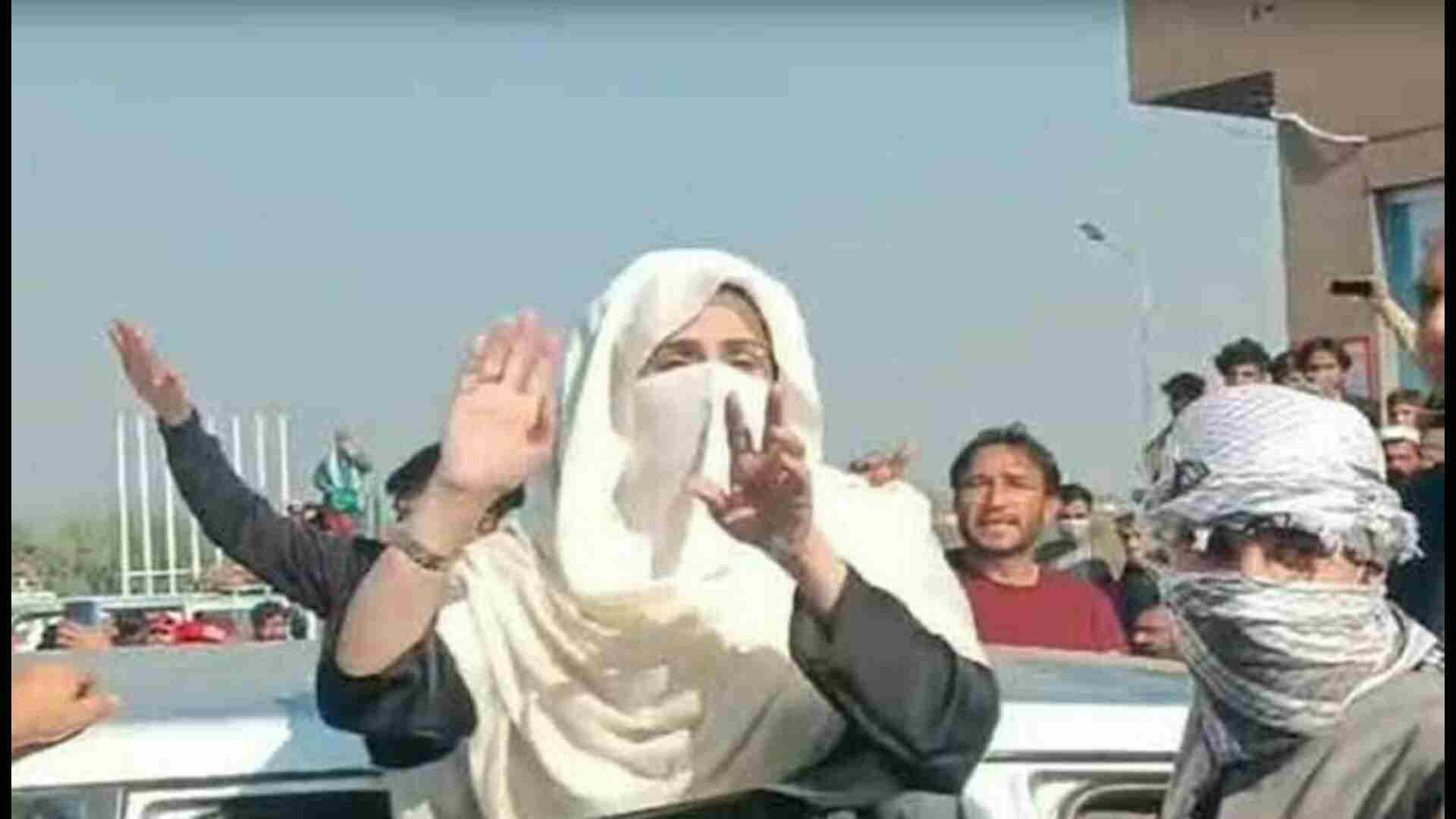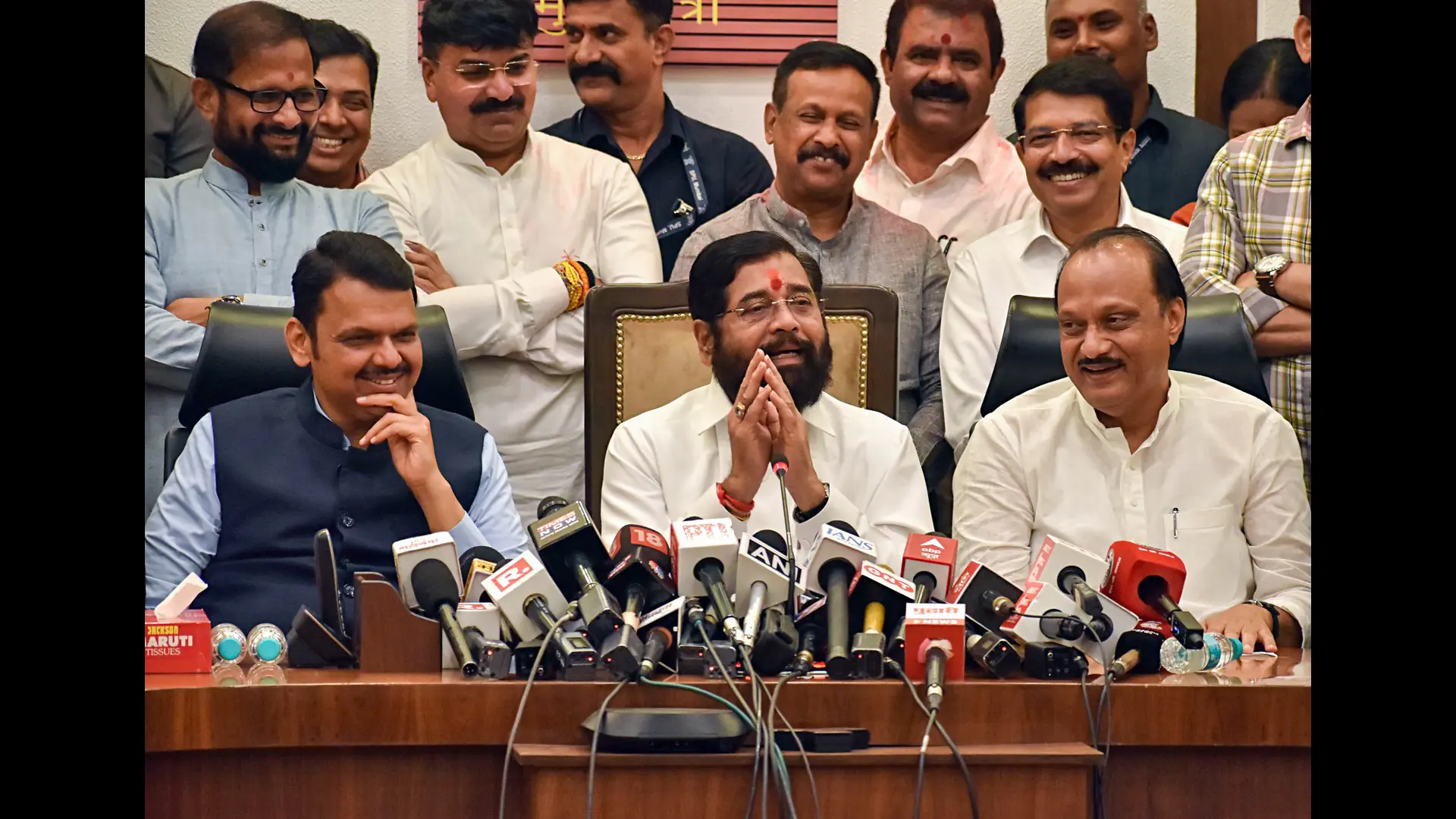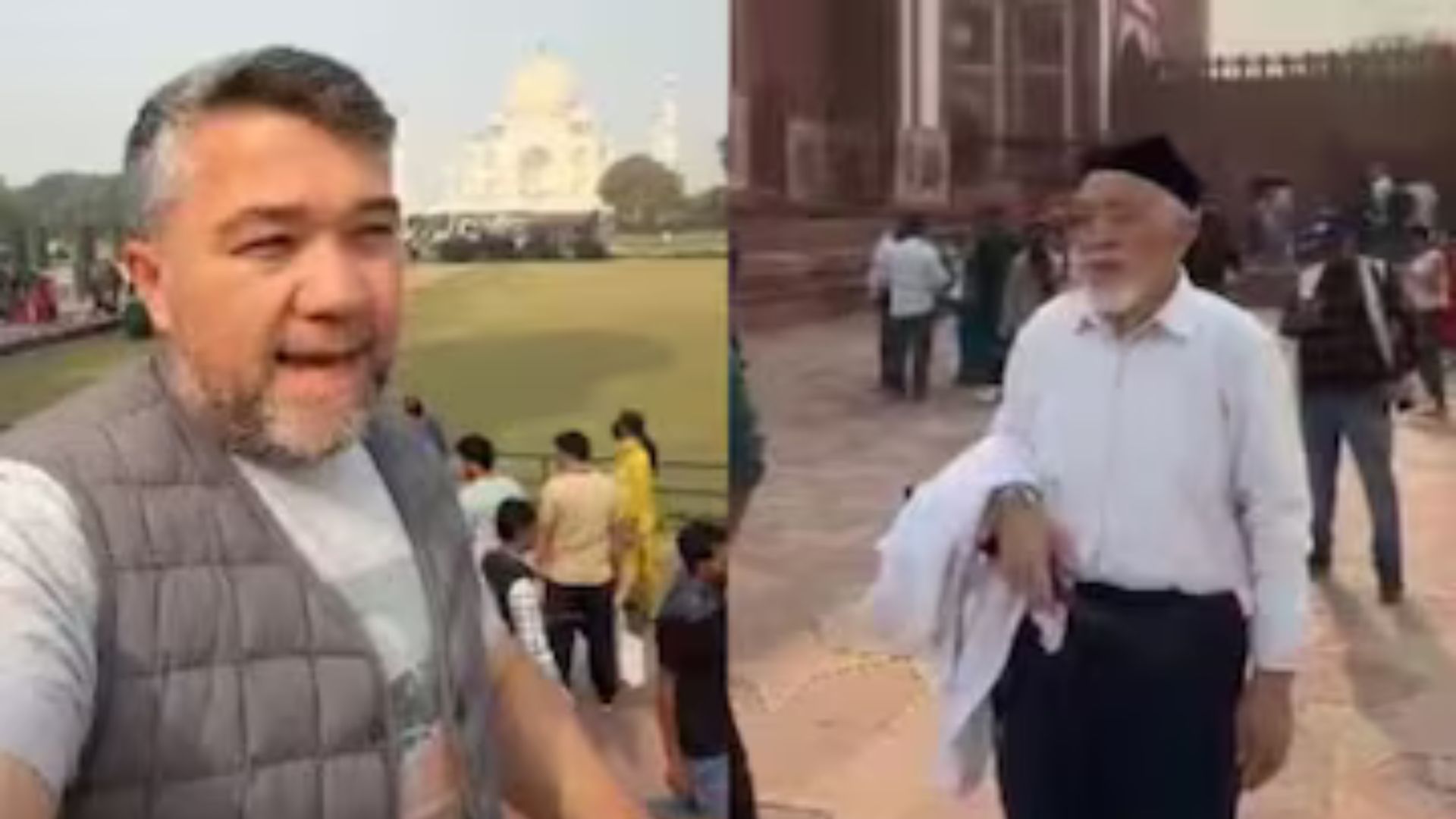
The Jammu And Kashmir High Court in the case Sonika Sharma vs Union of India observed and has ruled that a widow cannot be denied family pension after the death of husband on the ground that during his lifetime, the divorce proceedings were outgoing between the couple.
The bench headed by Justice Rahul Bharti in the case observed while hearing a plea moved by widow wherein seeking the deceased husband’s pension who was serving in the Boarder Security Force, BSF as a constable till the year 2015.
In the present case, the widow being the sole legal heir as her husband’s parents were no more and the couple did not have children.
The bench observed that after the demise of her husband the petitioner had moved an application before the commanding officer wherein sanctioning the release of the family pension, which has been rejected by the court on the ground that her name was not found in the records of pension of the deceased.
Further, the counsel appearing for the respondent submitted before the court that on account of the divorce petition filed by petitioner, the petitioner case for process of the family pension was not to be taken up.
The respondent in the case also referred to the fact that the petitioner was earning monthly maintenance which is to be awarded by the Court out of the maintenance proceedings against her deceased husband during the course of his life.
The bench of Justice Bharti in the case observed and has held that the family pension is a right and is stated under law which the court can take away only if it is permitted by law.
The bench observed that the matter of earning family pension is a right which is provided by law and which can be deprived to a person only in case where the law enables or permits such disentitlement and in said case, the same is not present.
Adding to it, the bench also pointed out that the stand taken by the respondents is nothing but frivolous in terms of law.
The court directed the respondents to sanction and grant family pension in favour of the petitioner as per the rules prescribed in accordance with the law along with all retrospective benefits.
Further, it has been directed by the court that the said process be completed within a period of three months from the date that the said order was received by the respondents.














